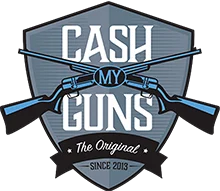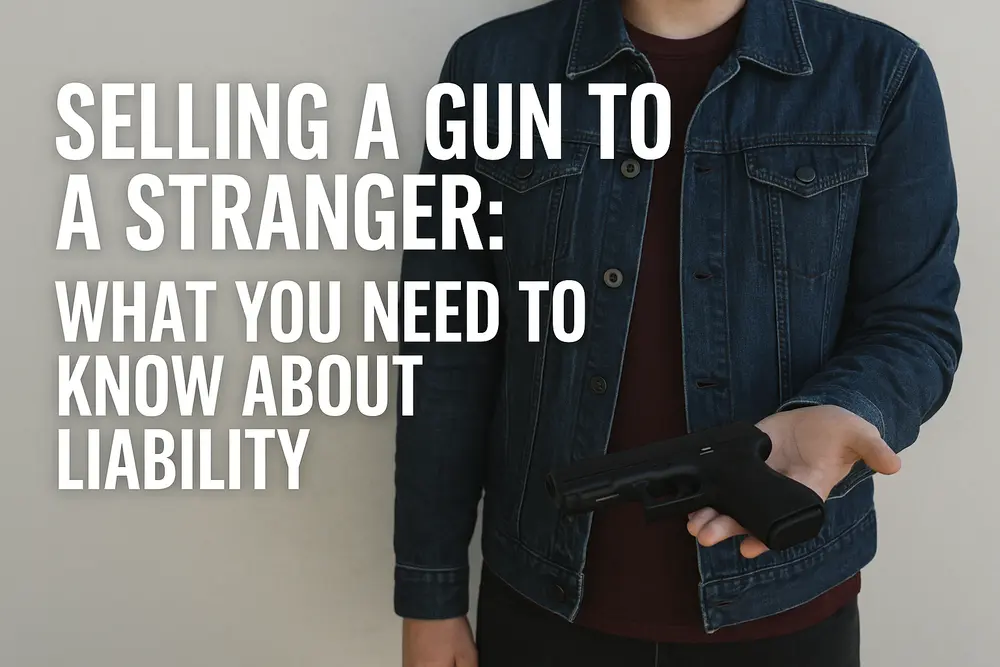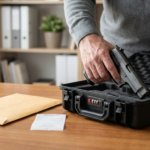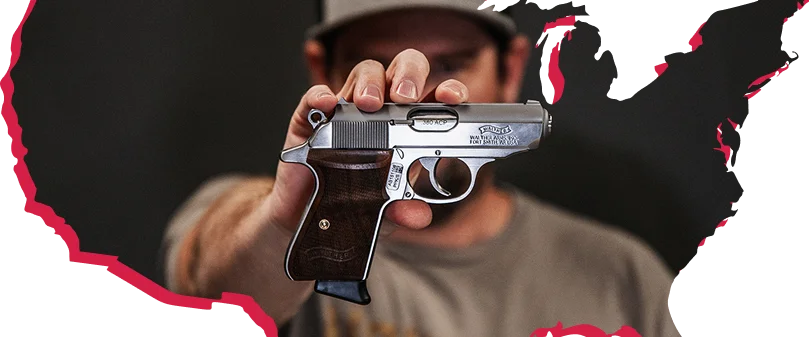Private firearm sales, especially between strangers, carry legal risks that many don’t anticipate. Whether you’re in Michigan or another state, understanding liabilities and regulations is essential to protect yourself when selling privately.
Federal Law: What You Can and Cannot Do
Under the Gun Control Act of 1968, unlicensed individuals may sell a firearm to another resident in the same state only. If you transfer a gun to someone in another state, the firearm must be run through a Federally Licensed Firearms Dealer (FFL) in the buyer’s state, including completing ATF Form 4473 and a NICS background Check.
You must not knowingly transfer a firearm to someone who is a prohibited person (e.g. felony conviction, domestic violence restraining order, undocumented alien, etc.). Selling to someone you know or have reason to suspect is prohibited is illegal.
State-Level Rules: Michigan Example
In Michigan, private handgun sales require a license to purchase or a Michigan Concealed Pistol License (CPL). Sellers must ensure the buyer has the proper permit, and in the case of non-CPL holders, both buyer and seller must sign the purchase license, which must be returned to a local police department within 10 days. Long guns have similar restrictions for background checks.
Michigan law also states that private sellers aren’t liable for damages arising from gun misuse under state law, but negligent entrustment may still be actionable in civil court.
Liability After the Sale
Even if federal and state law don’t create express civil liability for private sellers, private parties may still face legal consequences in these scenarios:
- Negligent entrustment: If you knowingly sell to someone likely to misuse the gun (e.g. mentally unfit, minor), you could face civil or criminal charges
- Straw purchasing: Inducing or permitting someone to purchase on someone else’s behalf (e.g. for prohibited person) is illegal and can lead to felony charges under Abramski v. United States.
- Trace-back issues: If the gun is later used in a crime, law enforcement may trace it back to you. While this alone does not guarantee liability, it can lead to investigations or lawsuits, particularly if the transfer was suspicious or unlawful.
A Reddit discussion echoed this: a private seller said there is “absolutely 0 liability” if you don’t know the buyer is prohibited, but implies the reverse might entail consequences.
What the NRA Blog Says
The NRA’s private-sale overview reinforces that sellers must not transfer firearms to prohibited persons and must obey state-specific rules on background checks or permits. Doing so improperly can carry legal risk and potential civil exposure.
Best Practices for Safe Private Sales
- Verify identity and eligibility: Ask for government-issued identification and verify the buyer is not disqualified under federal or state law.
- Handle interstate sales properly: If the buyer lives out of state, transfer via an FFL in the buyer’s state.
- Avoid straw purchases: Never facilitate buying on behalf of someone else.
- Use a bill of sale: Record date, firearm details (make, model, serial), buyer/seller names, and signatures.
- Know local regulations: In Michigan, ensure the buyer holds a purchase license or valid CPL, complete forms correctly, and return them in time.
When Liability May Arise
- Negligence: Selling to an obviously unfit person or minor
- Illegal Conduct: Assisting in straw purchases or misrepresenting the buyer
- Civil Claims: families or entities might bring suits alleging negligent entrustment or wrongful transfer
- Criminal penalties: Especially in jurisdictions with universal background check laws or specific private-sale rules
The Take-Away
Selling a gun privately to a stranger isn’t prohibited, but it requires careful compliance with federal and state law. California, Michigan, and other states enforce stricter rules that must be followed. Careless transfers, incomplete vetting, or straw purchase facilitation can expose you to criminal charges, civil liability, or investigations.
By following proper ID checks, restricting in-state unsupervised transfers, avoiding prohibited persons, and documenting the deal, you can significantly reduce risk and protect yourself.
But if you want to avoid the liability altogether, trust the professionals at CashMyGuns.com. We’ll help you sell legally, securely, and with peace of mind.









